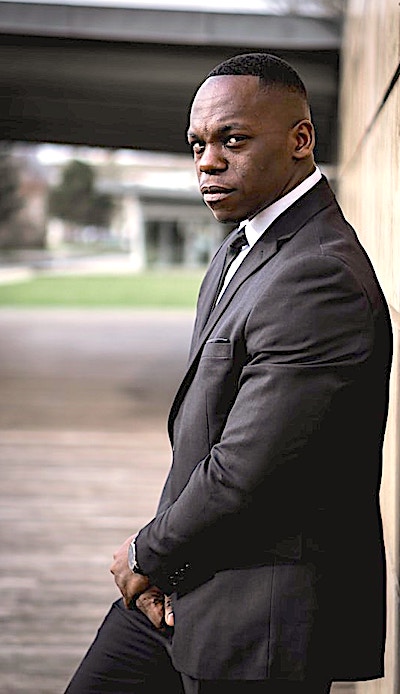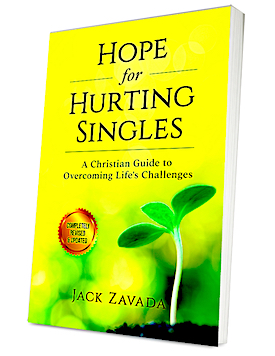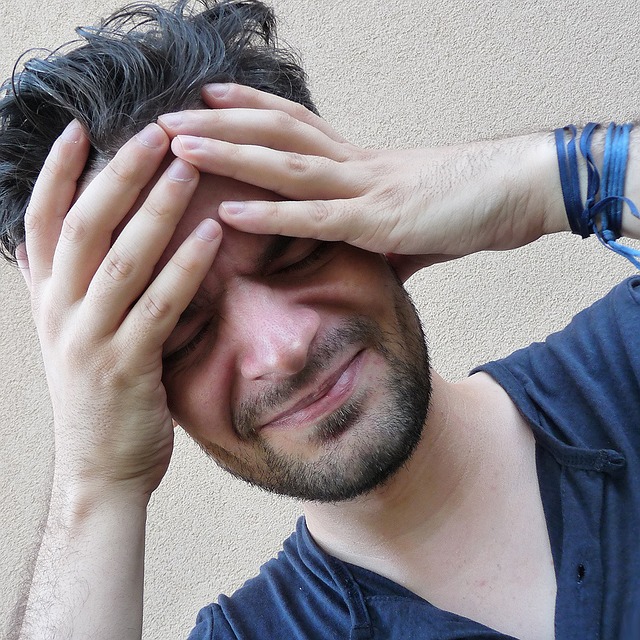Now what?
How you answer this question every day will determine your future

"Now what?"
In one form or another, that's the question you ask yourself every single day, and the answer you come up with has life-changing consequences.
I know you hear that "life-changing" claim all the time, but just think about the choices you make and where they lead you:
"I've got some extra money I can spend any way I want."
"Nobody will know if I decide to use drugs."
"I can be honest or dishonest in my behavior at work."
The dilemma is always "Now what?" How you make decisions, how you respond to tragedy, how you behave after a big success--you're forced to pick one path or the other. But how do you do it wisely? If you can't be sure of the outcome ahead of time, how do you choose?
The answer is simpler than it seems: The road you take depends on your destination. When you have a clear idea of where you want to end up, your routes to get there are immediately limited.
Let's see how it works.
The two-edged sword of singleness
Singleness provides a great amount of freedom. We don't have to consider the wishes of a spouse, nor are our parents telling us what to do any more. As long as we don't break the law, society seems unconcerned about our morality.
At the same time, this freedom can result in trouble if we're not careful. It's ridiculously easy to sabotage yourself.

Some choices are not sins; they're just bad decisions. For example, you can run up as much credit card debt as you want, but you are responsible for it. You can't blame that trouble on anyone but yourself.
The same holds true for what you eat. A single person can live on a steady diet of junk food, but again, the consequences are inevitable.
Discipline is hard. That's why so many singles dig themselves into holes. Saying "no" to some things is easier if you're realistic about the repercussions down the road.
Emotions are stronger motivators than reason. It's easier to choose what's gratifying than what's sensible.
Answering the "now what?" question is really about instant vs. delayed gratification. Our culture pushes instant gratification: get it now; don't wait; act immediately. Snap decisions are often bad decisions. Advertisers want us to act quickly because if we give it some serious thought, we'll usually say, "No, I don't really need that."
I had a friend who used to do irresponsible things, and whenever anyone asked him why, he would snap back: "Because I can!" He was arrogant about his autonomy as a single. He refused to be disciplined about his healthcare and it led him to an early grave.
'Now what?': When life is not fair
Every day bad things happen to us that we have no control over. Despite our careful efforts, we can get sick. I was laid off from a job once because of a reduction in force. We can be kind and considerate in a relationship yet it can still fall apart.
When you're faced with serious trouble, the "now what?" question challenges you to make the smartest response. Our emotions encourage us to become bitter or angry or despairing, and to a degree, we have a right to feel hurt in the midst of our pain.

In the long run, however, we have to put a limit on our grief or it will ruin our life. Everyone suffers differently and we each emerge from it in our own time, but we need to recognize when our heartache is holding us back.
Life is not fair. It never has been and never will be. When we expect it to be, we're kidding ourselves. The mature person looks at their situation objectively and says, "You know, I'm not doing myself any good here. It's time to move on."
Again, that's hard to do. Sometimes a concerned friend will nudge us to make a change, and we should listen to them. I can tell you from my own experience that there's a perverse satisfaction in wallowing in your misery. We enjoy sympathy. We even dwell on our personal pain to get more sympathy.
Callous people will tell us to "Get over it!" That's a hurtful comment, but at some point we have to tell ourselves that. If we don't, we miss out on all the joy God has to offer.
The quiet but wise God Option
Following Jesus Christ always presents us with the best choice in every situation. We don't have to be stalled at "now what?". We don't have to consult our friends. We just do what the All-Loving God wants us to do.
Despite what many people think, it's not hard to figure out what God wants us to do. He makes the process clear in his Word, the Bible.

The Bible is stunningly relevant to today because it's a timeless book of principles, written under the direction of the wisest being in the entire Universe. God has never made a mistake and never will.
Much of the time, we can answer the "now what?" question by referring to the Ten Commandments. They cover every aspect of morality. Obeying them leads to God-honoring choices.
We should obey God out of love, but it's also in our own best interest to do so.
Sometimes we obey God and things still go wrong, but the late preacher Charles Stanley used to say, "Obey God and leave all the consequences to him." That's wise advice.
Jesus gave this simple command to answer the "now what?" question in relationship situations:
"Do to others as you would have them do to you." (Luke 6:31, NIV)
The Bible offers this solution to the "now what?" question when heartache comes:
"Cast all your anxiety on him because he cares for you." (1 Peter 5:7, NIV)
The more familiar you become with the Bible, the sooner you will follow it as a guide to the important decisions in your life. You don't have to be an expert on it, though. That's what the Holy Spirit's job is.
When you surrender your will to God's, The Holy Spirit will guide you on answering "now what?".
Next:
How to predict the consequences of your actions...

Every action has consequences. It's an absolute fact of life. But can you learn to predict what they'll be?







